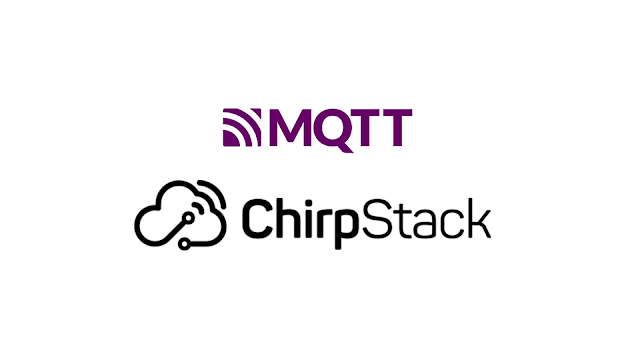Web Development using python
Web development
Website design, construction, and maintenance are called web development. It comprises elements like web design, web publishing, web programming, and database management. It involves developing an online application.
Python programming is beneficial for web development. It provides a wide selection of frameworks for developers, including Flask, Django, Bottle, and others. These web frameworks are stuffed with standard libraries and modules that make it easier to handle content, interface with databases, and use internet protocols, including HTTP, MQTT, SMTP, XML, JSON, FTP, IMAP, and POP. Additionally, Python has built-in tools and modules that considerably simplify the web development process. You may effectively create the most powerful applications using Python's advantages, such as fantastic visualisation, ease of development, improved security, and a speedy development process.
Frameworks
Django
- It's a back-end web framework.
- Free, open source and written in Python.
- It makes it easier to build web pages using Python.
A Python-based, free, open-source web framework that uses the model-template-views (MTV) architectural pattern, Django is frequently stylised as just Django. The independent Django Software Foundation (DSF), a US-based non-profit organisation, is responsible for maintaining it.
The main objective of Django is to make the development of complex, database-driven websites simpler. The framework focuses on the principles of don't repeat yourself, low coupling, rapid growth, and the "pluggability" of components. Python is used throughout, even for settings, files, and data models. Django offers an optional administrative create, read, update, and delete interface dynamically produced by introspection and customisable via admin models.
Flask
- Microframework
- Create and scale web apps quickly and simply
- Widely used micro web framework for creating APIs in Python
Python-based Flask is a microweb framework. Because it doesn't require specific tools or libraries, it is categorised as a micro-framework. It lacks components where pre-existing third-party libraries already provide standard functions, such as a database abstraction layer, form validation, or other features.





Comments
Post a Comment